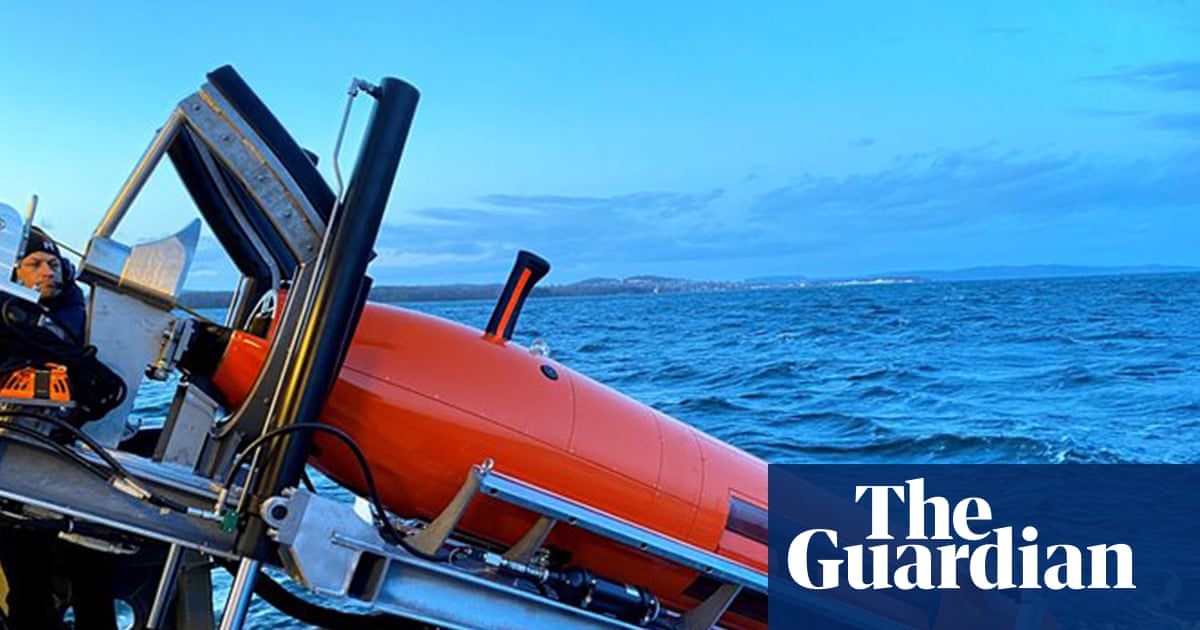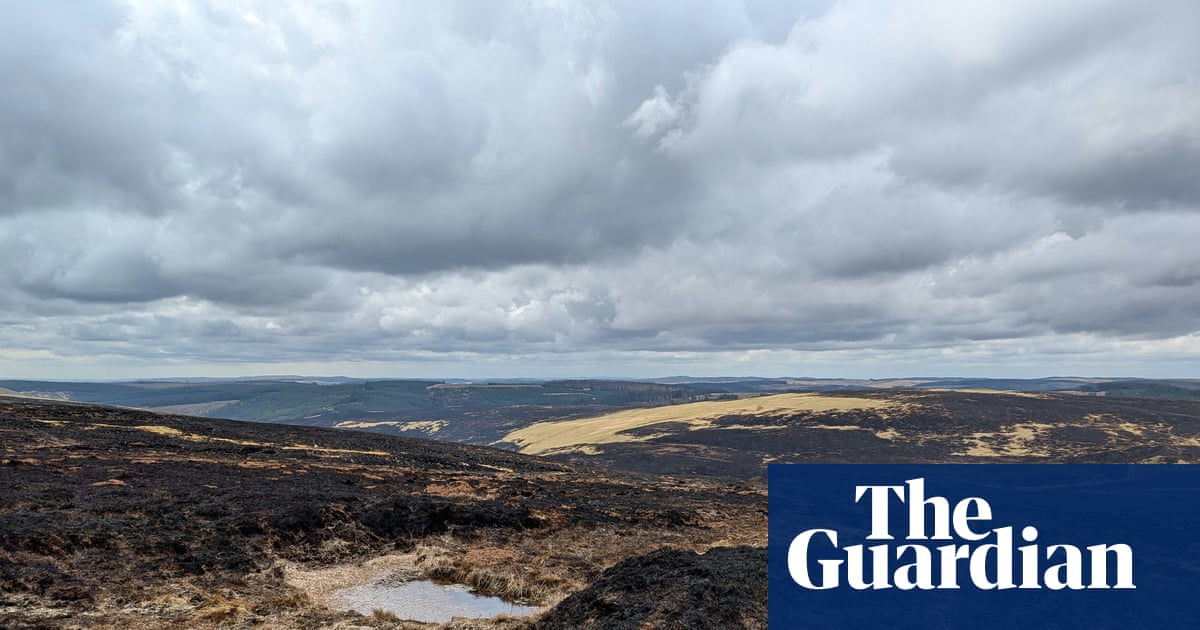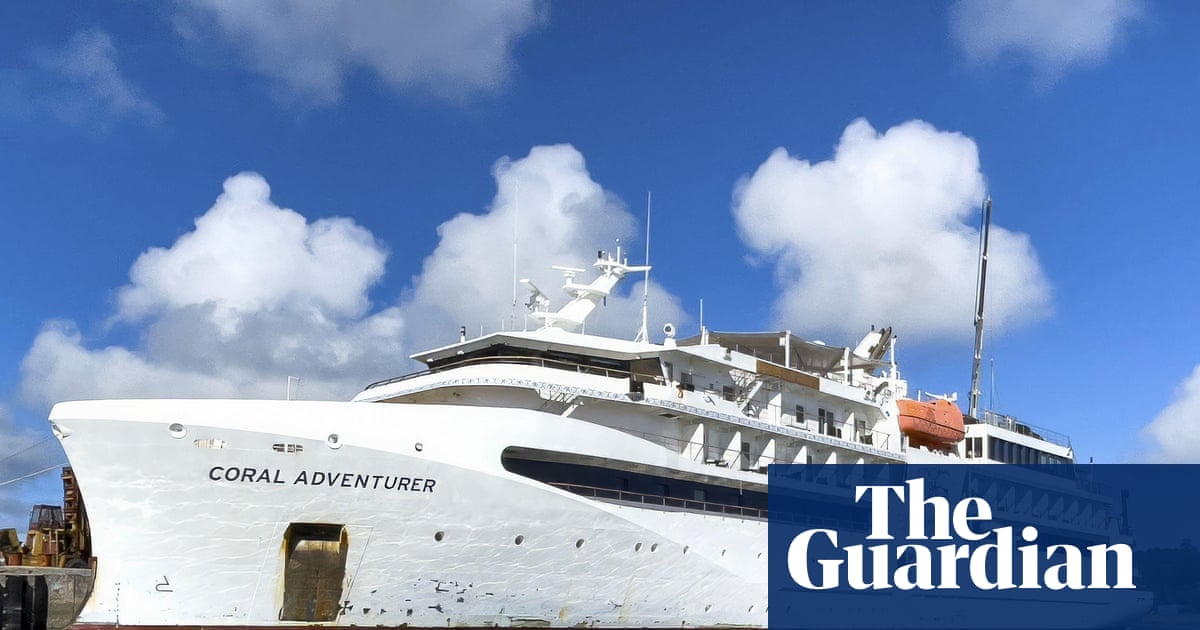A man has died near Dee Why, on Sydney’s northern beaches on Saturday after being bitten by what is believed to be a large shark.
Shortly after 10am, New South Wales emergency services were called to Long Reef beach following reports a man had suffered critical injuries.
Witnesses said the victim, believed to be in his 50s, was brought ashore by two fellow surfers and that distraught family members rushed to the scene. He died at the scene, according to a statement from NSW police.
Beaches between Manly to Narrabeen were closed pending further advice.
Early on Saturday afternoon, water was being patrolled by police boat and helicopter, with surf lifesavers on jet skis looking for the shark. A section of beach had been sectioned off with police tape and a marquee set up on the beach.
A handful of family members and friends consoled each other on the sand, some still in wetsuits.
Sign up: AU Breaking News email
Two sections of a surfboard were recovered and taken for expert examination, police said. Officers were expected to liaise with experts from the department of primary industries to determine the species of shark involved.
It is believed to be the fourth fatal attack in Australian waters this year.
In January, a surfer died near Granites beach in South Australia. In February, 17-year-old Charlize Zmuda died after being bitten while swimming in south-east Queensland. In March, a 37-year-old Victorian man died after a fatal attack at a remote beach in Western Australia.
The attack is thought to be the first in NSW this year. The last fatal attack in Sydney occurred in February 2022, when British diving instructor Simon Nellist was taken by a great white off Little Bay in the city’s east.
On the northern beaches, the last known fatal attack was at North Narrabeen, 90 years ago.
Shark bites, especially fatal ones, are extremely rare in Australia, said Prof Culum Brown, a behavioural ecologist specialising in fishes including sharks at Macquarie University.
The rate was going up slightly, but it was unclear why, he said – perhaps a factor of more people being in the water, more often, or the shifting distribution of sharks in the oceans due to climate change.
after newsletter promotion
While the species involved in Saturday’s incident was yet to be identified, Brown said it was often juvenile white sharks that bit people.
“They’re at that age where they are investigating new things, and they tend to investigate things with their mouths, so if they take a bite, unfortunately it’s often fatal because they’re such big animals.”
In the last 10 years, an average of 20 people were injured and 2.8 people killed in shark incidents each year, according to the Australian Shark Incident Database. That is compared to 150 coastal drowning deaths last year, including 84 drownings at beaches.
In July, the NSW government announced it would trial the removal of shark nets from three Sydney and Central Coast beaches.
The nets were ineffective at preventing bites, but killed hundreds of non-target species like whales, turtles and dolphins, Brown said. New technology like smart drum lines were more efficient, with almost no bycatch.
Australian research published last year into 196 unprovoked shark incidents found no difference in unprovoked human-shark interactions at netted versus non-netted beaches since the 2000s.
- with AAP

 3 months ago
52
3 months ago
52

















































